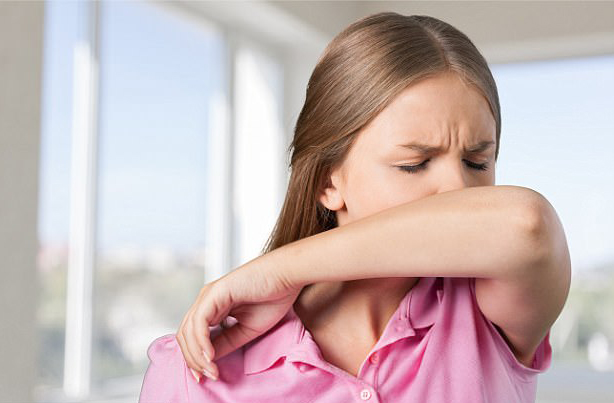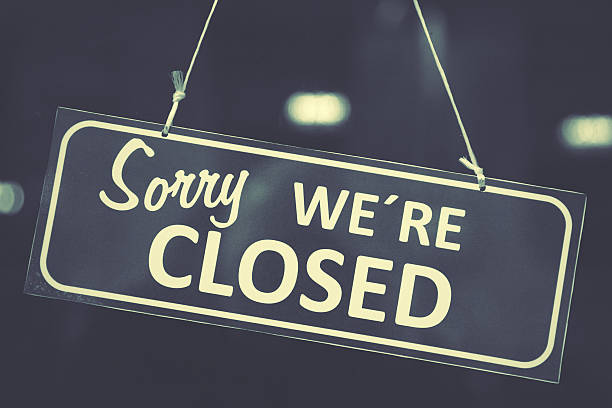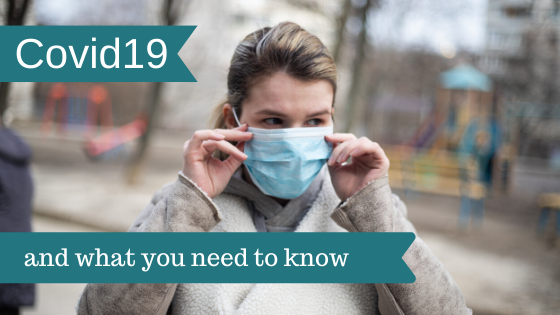Effective immediately there is a mandatory suspension of all non-emergency dental treatment and services in Alberta . You can still reach Illuminada dental by email and we will respond as quickly as possible.
Dentists who are providing emergency care must perform a thorough pre-treatment risk assessment that includes risk to the patient, to the oral health care provider and to the greater community before any treatment is undertaken. Dentists in Alberta have a duty to prevent exposure to an infection from COVID-19. If risks are identified that cannot be immediately or succinctly mitigated, the determined care must be postponed or referred to an appropriate provider
*Being Prepared
Here in Canada, our health care system is prepared for this situation. The Public Health Agency of Canada (PHAC)—along with public health authorities at all levels of government across the country—have been working together to ensure that our preparedness and response measures are appropriate and adaptable, based on the latest science and the evolving situation.
There is an increased risk of more severe outcomes for Canadians:
- aged 65 and over
- with compromised immune systems
- with underlying medical conditions
The biggest focus is on containment to delay community spread by rapidly identifying cases, finding close contacts, and using public measures such as isolation and social distancing. It takes more than governments and action from the health sector to protect the health and safety of Canadians. Each of us can help our country be prepared in the event of an emergency by understanding how the virus spreads and how to prevent illness.

*Individuals
We all need to think about the actions that we can take to stay healthy and prevent the spread of any illness, especially respiratory infections. Now and always during cold and flu season, stay home if you are sick. Encourage those you know are sick to stay home until they no longer have symptoms.
Since respiratory viruses, such as the one that causes COVID-19, are spread through contact, change how you greet one another. Instead of a handshake, a kiss or a hug, a friendly wave or elbow bump is less likely to expose you to respiratory viruses.
Practise frequent hand washing and coughing or sneezing into your elbow. Clean and disinfect frequently touched items such as toys and door handles.
*Be Prepared
During this time make sure you have a plan in place. Stock up on essentials but avoid panic buying. Ensure you have enough of your prescriptions, so you won’t run out. It’s also a good idea to have extra pet food, toilet paper, facial tissue and feminine hygiene products. Get reliable information on how to care for those who are ill and decide what you will do in the event of school closures or having to miss work. Communicate with family and friends often and work together to stay healthy.
*Community
Social distancing is a way to minimize COVID-19 transmission in the community. This means minimizing close contact with others during the peak of an outbreak. In addition to staying home when ill, we should plan for actions we can take if we need to reduce the spread of infection in places where we gather. Plans might include avoiding crowds and mass gatherings, cancelling plans to go out to public places or plans with large groups of people.

*Workplaces
Employers and employees have a role to play in reducing the spread of infection.
- Encourage frequent hand washing
- Practice sneeze and cough etiquette
- Ensure frequent cleaning especially to high-touch surfaces
- Provide access to hand washing areas and place sanitizing dispensers in prominent locations throughout the workplace.
- Allow employees to work from home if possible.
Overall the best thing all of us can do is to change our behaviors and routines to reduce the risks of infection. If you are not feeling well, cancel any appointments, and stay home. Be informed but turn off the media if you find you are getting anxious. Get plenty of rest, wash your hands often, and avoid touching your face. Above all else, keep calm, and remember this will pass.
Sources: www.canada.ca – Public Health Services
www.cdc.gov/coronavirus (Covid19)

